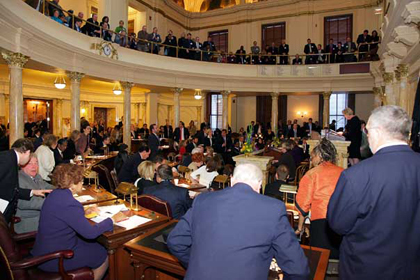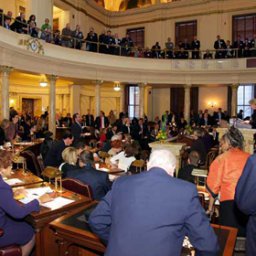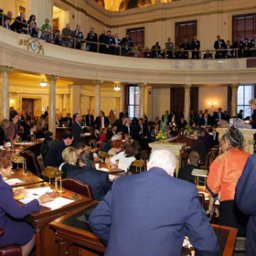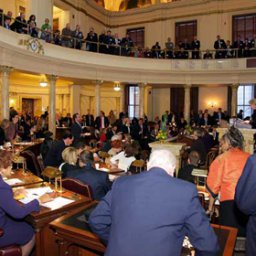
Legislation Removes Civil Liability for Using Automated External Defibrillators
TRENTON – A bill sponsored by Senators Joseph F. Vitale and Bob Gordon that protects from civil liability good Samaritans who use an automated external defibrillator while attempting to save someone’s life was signed into law yesterday.
“The moments after a sudden cardiac arrest can make the difference between life and death,” said Senator Vitale, (D-Middlesex) Chairman of the Senate Health, Human Services and Senior Citizens Committee. “If defibrillation is administered via an AED, a person’s likelihood of surviving a cardiac episode increases dramatically. We need to make sure that the law recognizes the life-saving potential of these devices and shield good Samaritans from lawsuits should they malfunction or if, even with the good faith efforts to revive someone, the person dies.”
The law, S-852, eliminates language in state statute that requires a person using an automated external defibrillator (AED) to have received training in both CPR and the usage of the AED. The law reduces requirements that entities require CPR and AED training for all people who might use the AED to just the people most likely to use the device.
The law provides immunity from civil liability to any lay person who uses an AED and fails, in good faith, to request emergency medical assistance as soon as practical. It also provides immunity to the organization that has acquired the AED. The Senators note that with advancements in technology AEDs are virtually foolproof and are designed to walk someone who may never have used the device through the steps to safely perform the defibrillation process. Current devices speak the instructions, step-by-step, and will only administer a defibrillation if the victim needs it.
This law is in direct response to feedback from the John Taylor Babbitt Foundation whose mission is make sure that an AED is available near all public assemblies. The Foundation fundraises to purchase and donate AEDs to public entities throughout New Jersey. They have found that some organizations such as churches, youth recreation leagues and schools will not accept a donated AED because of the increased liability they assume. According to JoAnne Babbitt, the Vice-President of the Foundation, for each AED they donate, there are eight to ten that are rejected by the public entity because of liability concerns.
“Currently, AED devices have enough safety measures and instructional information built in to walk a person through every necessary step to effectively use the device,” said Senator Gordon (D-Bergen/Passaic). “Our state’s laws shouldn’t act as a deterrent to people attempting to do what they can to save a life, particularly when, in the case of AEDs, their efforts stand little chance of causing more harm than good. With passage of this bill, the now law reflects the technological improvements to these life-saving devices.”
In the United States, nearly 300,000 people are victims of sudden cardiac arrest (SCA) each year – a condition where the heart’s electrical system malfunctions and stops pumping blood to the rest of the body, often without any visible symptoms. According to the Cleveland Clinic, if a heart in sudden cardiac arrest is defibrillated within the first minute, there is a 90 percent chance that the patient will survive. Survival rates decrease 10 percent for every minute a person in SCA waits to be defibrillated. Due to a lack of access to AEDs, currently only five percent of people in SCA survive. Early defibrillation is the most critical step for survival for someone experiencing SCA.
An automated external defibrillator is a portable device that is used to restore heart rhythms to patients in cardiac arrest. It automatically analyzes the heart rhythm of the patient and advises the user whether or not a defibrillation is needed to return the patient to a normal heart beat.
The law was approved by the Legislature in February.




